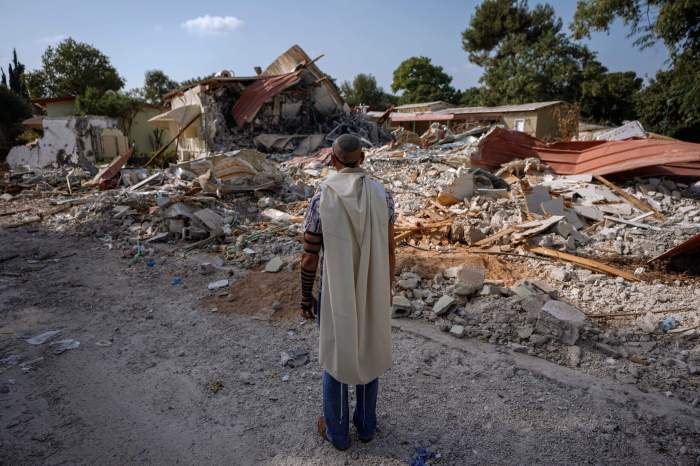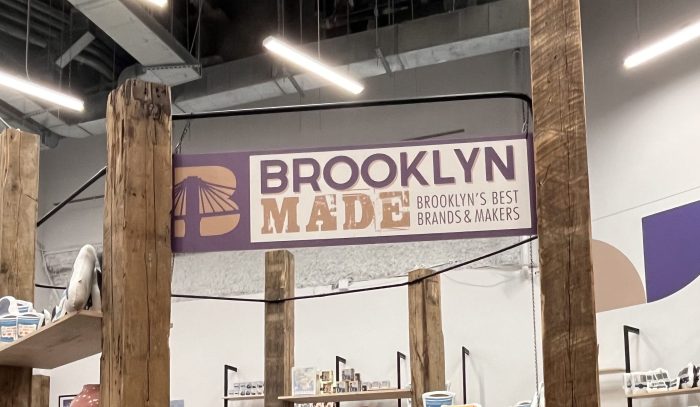The end of Albany’s annual legislative session usually culminates in a flurry of last-minute deal-making. But this time around, there doesn’t seem to be movement on many issues that require big funding.
Yet as legislators race the clock to reach consensus on high-profile issues like medical marijuana and the heroin epidemic, other key bills bear watching as well:
Gov. Andrew Cuomo and state lawmakers have been negotiating over objections to the teacher evaluation system based on the Common Core standards — but it’s hard to see how teachers are victimized. Just 1 percent of state teachers evaluated under the system last year were deemed ineffective — even though only 30 percent of students passed tests based on the Common Core.
The Senate has passed five key planks of the 10-point Women’s Equality Act, which failed last year when supporters in the Assembly took an all-or-nothing approach. Once again, there aren’t enough Senate votes for the act’s controversial abortion provision. It’s time to move forward and enact laws to crack down on sex trafficking and protect pregnant women in the workplace and in housing, ensure equal pay, and strengthen domestic-violence laws.
Resiliency is a vital planning issue after superstorm Sandy — and one step in the right direction is a bill that would require consideration of the effects of sea level rise and extreme weather when certain state grants and building permits are issued.
A measure to ban most sales of ivory to help prevent the extinction of elephants and reduce funding sources for terrorists should be approved. The slaughter of elephants in Africa, the increased involvement of organized crime and terrorists who use the harvest to finance operations, and New York’s importance as a center for the ivory trade give passage of this legislation symbolic and real value.
A bill to ban microbeads should be passed. The tiny plastic beads — added as an abrasive to personal care products such as facial cleansers and toothpastes — get into our waterways, contaminate wildlife and pose a health threat.

















